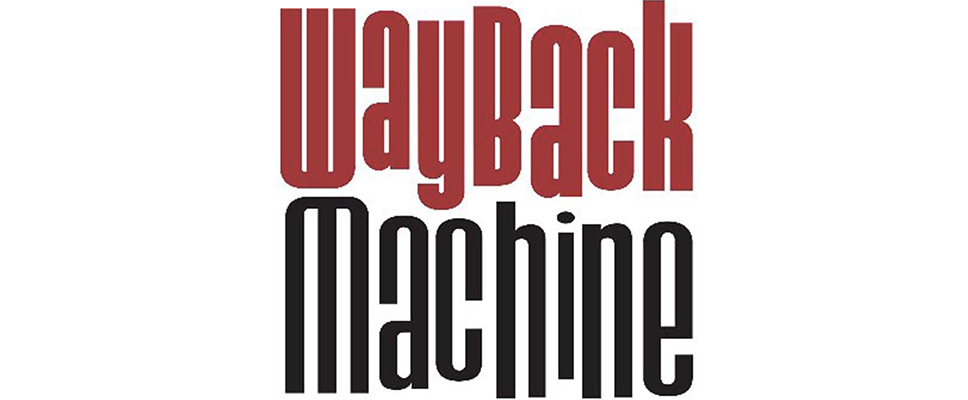
“The absence of central control, or even easy central monitoring, has long been celebrated as an instrument of grassroots democracy and freedom. It’s not trivial to censor a network as organic and decentralized as the internet. But more recently, these features have been understood to facilitate vectors for individual harassment and societal destabilization, with no easy gating points through which to remove or label malicious work not under the umbrellas of the major social-media platforms, or to quickly identify their sources. While both assessments have power to them, they each gloss over a key feature of the distributed web and internet: Their designs naturally create gaps of responsibility for maintaining valuable content that others rely on. Links work seamlessly until they don’t. And as tangible counterparts to online work fade, these gaps represent actual holes in humanity’s knowledge.
It turns out that link rot and content drift are endemic to the web, which is both unsurprising and shockingly risky for a library that has “billions of books and no central filing system.” Imagine if libraries didn’t exist and there was only a “sharing economy” for physical books: People could register what books they happened to have at home, and then others who wanted them could visit and peruse them. It’s no surprise that such a system could fall out of date, with books no longer where they were advertised to be—especially if someone reported a book being in someone else’s home in 2015, and then an interested reader saw that 2015 report in 2021 and tried to visit the original home mentioned as holding it. That’s what we have right now on the web.
Kendra Albert and Larry Lessig, focused on documents meant to endure indefinitely: links within scholarly papers, as found in the Harvard Law Review, and judicial opinions of the Supreme Court. We found that 50 percent of the links embedded in Court opinions since 1996, when the first hyperlink was used, no longer worked. And 75 percent of the links in the Harvard Law Review no longer worked.
If you go back to 1998, 72 percent of the links are dead. Overall, more than half of all articles in The New York Times that contain deep links have at least one rotted link.
Because information is so readily placed online, the incentives for creating paper counterparts, and storing them in the traditional ways, declined slowly at first and have since plummeted.
The project of preserving and building on our intellectual track, including all its meanderings and false starts, is thus falling victim to the catastrophic success of the digital revolution that should have bolstered it. Tools that could have made humanity’s knowledge production available to all instead have, for completely understandable reasons, militated toward an ever-changing “now,” where there’s no easy way to cite many sources for posterity, and those that are citable are all too mutable.”
The internet is rotting, loosing link after link. And there is no papertrail to back this up, no library with books to refer to. In the future the 21th century will be the worst documented age ever, with only broken links pointing to nothing in empty cyberspace as source material.